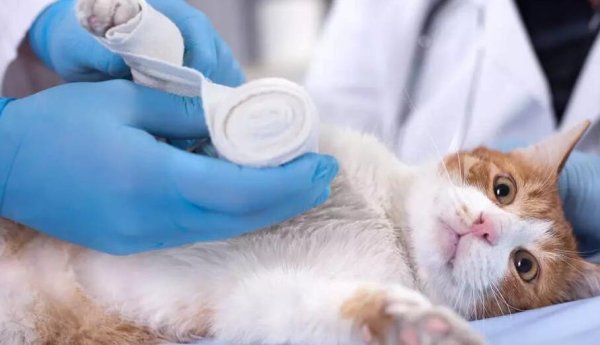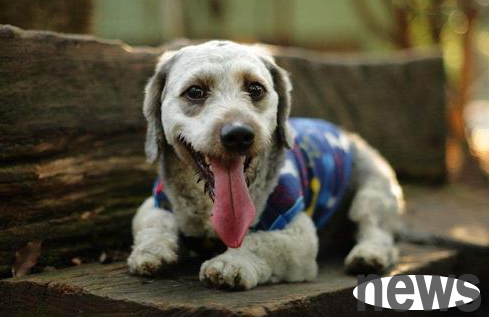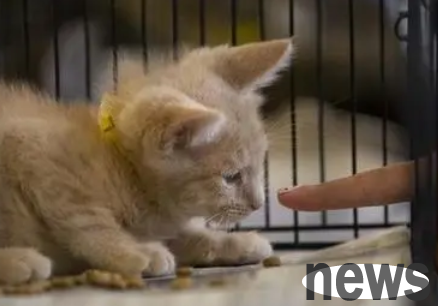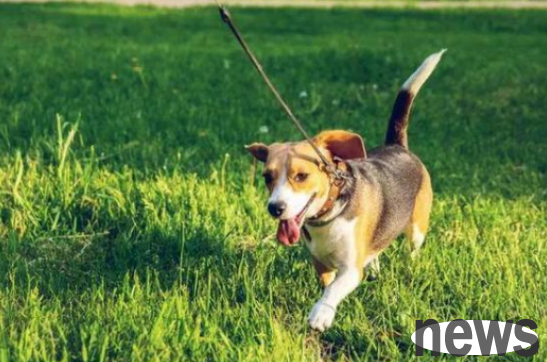Will the dog bite the owner twice?
Dog biting an owner is a rather rare and often unexpected behavior. In most cases, pet dogs are seen as loyal and intimate companions, and they usually do not attack the person who cares for them. However, if a dog does bite its owner, this can raise concerns about future behavior, especially the question of whether a second bite may occur. This article will explore possible causes of dog bites and how to prevent similar events from happening again in the future.
Cause Analysis
To understand why a dog bites his owner, a series of factors that may cause the behavior must be considered first.

1. Pain or discomfort
If a dog feels painful due to illness or injury, it may reflexibly bite when touched, which is a defensive instinct. Dogs may become more alert or irritable when they are in pain, so they may bite because they want to avoid more pain.
2. Fear or threat
Fear is one of the common reasons for dogs to bite people. When dogs feel fear or are pushed into a corner, they may choose to attack in self-defense. In some cases, dogs may misunderstand their owner’s behavior, such as sudden movements or speaking loudly, triggering fearful reactions.
3. Resource Guard
Dogs may exhibit protective behaviors for food, toys, or other things they consider valuable. If the owner tries to take these items from them, the dog may guard their resources by biting them.
4. Overexcited or stimulated
Sometimes dogs lose control when they are overexcited or overstimulated. For example, during intense play, the dog may accidentally bite the owner due to excessive excitement.
5. The lack of training or socialization
Lack of proper training or socialization may make dogs unable to handle social interactions correctly and may even bite without understanding the consequences of their actions.
Prevent bites
After understanding the possible causes, we can reduce the risk of dog bites through the following measures to prevent a second bite.
1. Observing and understanding dog behaviors
Understanding dog behaviors and their nonverbal prompts, such as ear position, tail swing, body posture, etc., can help owners identify when the dog feels pain, fear or discomfort.
2. Ensure the health of the dogs
Take the dogs to the veterinarian for a physical examination regularly to ensure they are in the best physical condition. This reduces aggressive behavior due to pain or other health problems.
3. Proper training and socialization
Through professional training and socialization, dogs develop good behavior, enhance their interaction skills with other animals and humans, and learn to control impulses.
4. Avoid irritating operations
Recognize what behaviors may stimulate dogs' aggressive instincts and try their best to avoid them, such as not interfering with dogs while they are eating, and be careful with dogs' toys, etc.

5. Provide a stable environment
to give dogs a stable and safe environment, reducing their stress and uneasiness, including regular feeding, schedule appropriate activity time and rest time.
Dog bites are usually caused by a variety of factors, but the possibility of a second bite can be greatly reduced as long as appropriate precautions are taken to ensure the health and happiness of the dog. For dog owners, it is crucial to understand their pets and take positive steps to prevent potential problems. If a bite occurs unfortunately, be sure to deal with it carefully and seek professional help to correct this behavior to ensure it does not happen again.
Remember that each dog is a unique individual, and understanding their needs and behaviors will help build a more harmonious relationship with people. Through patience, consistent training, and in-depth understanding of pets, most problems can be solved. Therefore, the answer to whether there will be a second bite depends on how the owner responds to the first bite incident and takes appropriate precautions.












